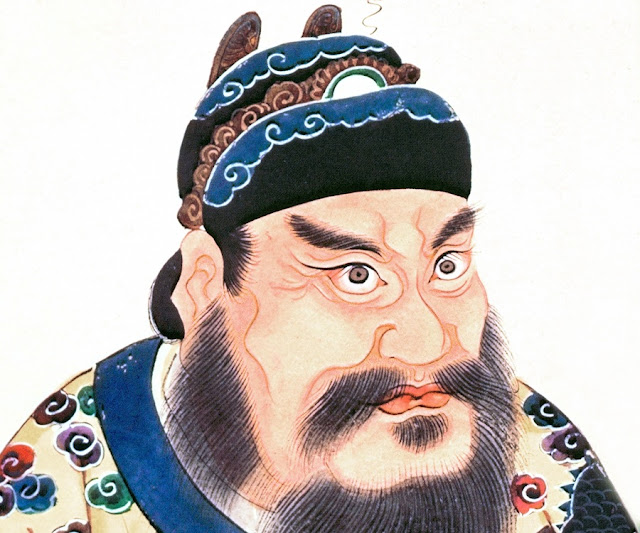

In this new book, he offers readers a commanding and authoritative study of the five leaders who have done most to shape the People’s Republic of China since its founding. “David Shambaugh has been studying Chinese politics for over forty years. Thornton China Center, The Brookings Institution, and author of Chinese Politics in the Xi Era Displaying extraordinary precision and perception, this book will long serve as a classic in leadership studies.”Ĭheng Li, Director, John L. “In this fresh look at the interplay of cultural, psychological, and systemic factors shaping top Chinese leaders, Shambaugh explores how the idiosyncrasies of PRC rulers have intersected with broader changes in state behavior. Orville Schell, Director of the Center on US–China Relations, Asia Society, and author of My Old Home In this deeply researched study, he assembles an engrossing mosaic of profiles that brings to life the very different men who have led China over the past decades.” “David Shambaugh is a seasoned observer and scholar of Chinese politics who masterfully helps us understand the forces that have driven China's leaders over seven decades.

Economy, Senior Fellow, The Hoover Institution and Council on Foreign Relations, and author of The Third Revolution Shambaugh has written a must-read book for understanding contemporary China.”Įlizabeth C. “A fascinating look at China's evolution since 1949 through the eyes and actions of the country's top leaders: Mao, Deng, Jiang, Hu, and Xi. “David Shambaugh is widely regarded as one of the world’s most astute analysts of Chinese politics, and his lucid study pays particular attention to the personalities of the five top leaders who have shaped China since the communist revolution of 1949.” “A colourful and accessible introduction to China's five main leaders to date.”
#Rulers of china full
Covering the full scope of these leaders’ personalities and power, this is an illuminating guide to China’s modern history and understanding how China has become the superpower of today.

#Rulers of china professional
In this definitive study, renowned Sinologist David Shambaugh offers a refreshing account of China’s dramatic post-revolutionary history through the prism of those who ruled it. Exploring the persona, formative socialization, psychology, and professional experiences of each leader, Shambaugh shows how their differing leadership styles and tactics of rule shaped China domestically and internationally: Mao was a populist tyrant, Deng a pragmatic Leninist, Jiang a bureaucratic politician, Hu a technocratic apparatchik, and Xi a modern emperor. Under their leaderships, China has undergone an extraordinary transformation from an undeveloped and insular country to a comprehensive world power. He also undertook gigantic projects, among which the most famous were the Great Wall of China to strengthen the northern border, and the Terra-Cotta Warriors and Horses Figurines, a city-sized mausoleum guarded by a life-sized Terracotta Army.Since the founding of the People’s Republic of China over 70 years ago, five paramount leaders have shaped the fates and fortunes of the nation and the ruling Chinese Communist Party: Mao Zedong, Deng Xiaoping, Jiang Zemin, Hu Jintao, and Xi Jinping. In that same year, he proclaimed himself as the "First Emperor", far surpassing the achievements of the old Zhou Dynasty rulers.Īfter the unification, the Emperor began to unify Chinese characters, measuring standards and coinage over the whole Empire, which facilitates exchanges between different peoples living in there. For the first time, all of China was unified under one powerful ruler. Following his defeat of the other six Warring States in 221 BC, he became the ruler of all China and founded a unified empire of Qin. Qin Shihuang (259BC-210BC), born in Ying Zheng, was the first Emperor of a united China and the founder of Qin Dynasty.ĭuring the preceding Zhou Dynasty, Ying Zheng was the king of the Qin State.

Qin Shihuang, first emperor of ancient China.


 0 kommentar(er)
0 kommentar(er)
